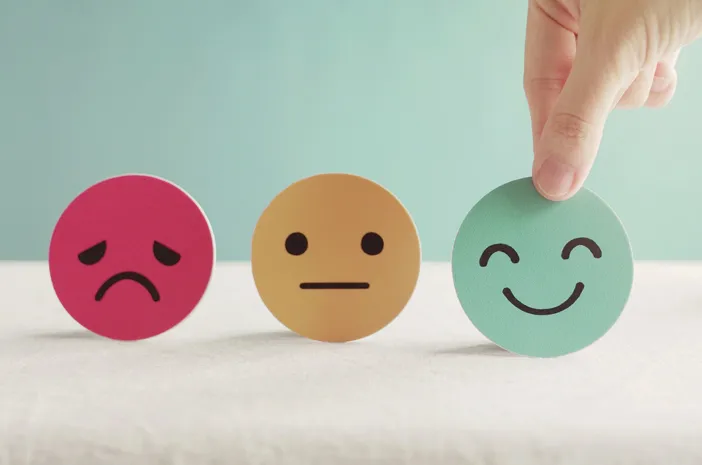Mental Illness that Needs to be Understood

DDHK. ORG – Mental illness or disorder psychological it can be experienced by anyone and anywhere. Mental health is a serious problem today, so you need to know the symptoms.
Quoted from the page Faculty of Psychology UMA, a psychological illness characterized by disorder health mental is a matter of focus in Indonesia. It is recorded that 14 million Indonesians have a dilemma using their mental health.
Mental health is a dilemma, we need to know the causes, signs, and how to overcome it.
Types of Psychological Diseases
Anxiety Disorder
Its famous name is anxiety disorder. "Generally, sufferers will respond to specific objects or situations with extreme fear, accompanied by panic symptoms such as rapid heartbeat and sweating," said Dr. Timothy Scarella, instructor of psychiatry at Harvard Medical School.
We may have experienced panic during exams or job interviews. But the anxiety disorder is incompatible with the experience of taking the test.
Anxiety disorder means mental disorder, which makes the sufferer filled with anxiety, fear, and excessive worry.
Mood Disorders
It is also considered an affective disorder involving feelings of sadness or overpleasure, or fluctuations of extreme happiness and sadness.
Some examples of psychological illnesses that include mood disorders are bipolar, long-term depression, seasonal affective disorder, mood swings and irritability that occur during the premenstrual phase, and depression due to physical illness.
Psychotic Disorders
Psychotic disorders involve distorted consciousness and thinking. "The most common symptom of a psychotic disorder is hallucinations, such as hearing voices and images that other people can't see," said Dr Scarella.
Quoting WebMD, several psychological illnesses that are included in this psychotic disorder include:
Schizophrenia, people with this disease experience changes in behavior and other symptoms, such as delusions and hallucinations that last approximately 6 months. This psychological illness generally affects the lives of sufferers at work or school, and their relationships with other people.
paraphrenia, This psychological illness has symptoms similar to schizophrenia and generally starts at a later age, when people are old.
schizophreniform disorder, this mental disorder includes signs of schizophrenia, but the symptoms last shorter, between 1 to 6 months.
schizoaffective Disorder, are people who have signs of schizophrenia as well as a mood disorder, such as depression or bipolar disorder.
brief psychotic disorder, People with this illness generally experience brief, brief episodes of psychotic behavior, often in response to highly stressful incidents, such as a death in a family member. Recovery tends to be quick, usually less than a month.
psychotic Disorder, or folie à deux. It generally occurs when one person in a relationship has an illusion and the other person in the relationship also has an illusion.
delusional disorder, the sufferer experiences illusions involving real-life situations that are not actually followed, plotted, or suffer from an illness. the delusion lasts for at least 1 month.
substance induced psychotic disorder, This condition is caused by the use or withdrawal from drugs, such as hallucinogens and cocaine, which cause hallucinations, illusions, or speech confusion.
Psychotic disorder due to another medical condition, hallucinations, delusions, or other signs of a psychotic disorder may occur because of another disease that affects brain function, such as a head injury or brain tumor.
Eating Disorders
Usually caused by extreme emotions, attitudes, and behavior involving weight and food. Psychological diseases that include the most common eating disorders, namely:
anorexia: refusal to maintain a healthy weight and excessive fear of gaining weight due to distorted self-image,
Bulimia: eat hyperbole and then try to spit out what they have eaten back, like vomiting.
Binge eating disorder: eat in large quantities and hard to stop.
Impulse Control Disorders and Addictions
Other psychological illnesses are impulse control disorders and addictions. People with impulse control disorders are unable to put off the urge to take actions that could harm themselves or others.
This type of disorder is pyromania (a mental disorder characterized by a strong urge to deliberately ignite a boil to relieve tension and usually causes a feeling of relief or satisfaction after doing so) and kleptomania (stealing).
People with impulse control disorders and addictions become so involved with the object of their addiction that they begin to neglect responsibility and relationship with other people.
That is a type of psychological illness or mental disorder that is common. Always pay attention to our mental health, family and those closest to us. [DDHK News]



